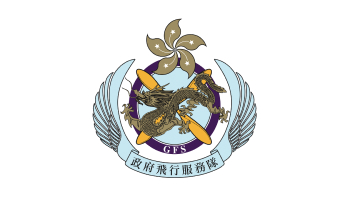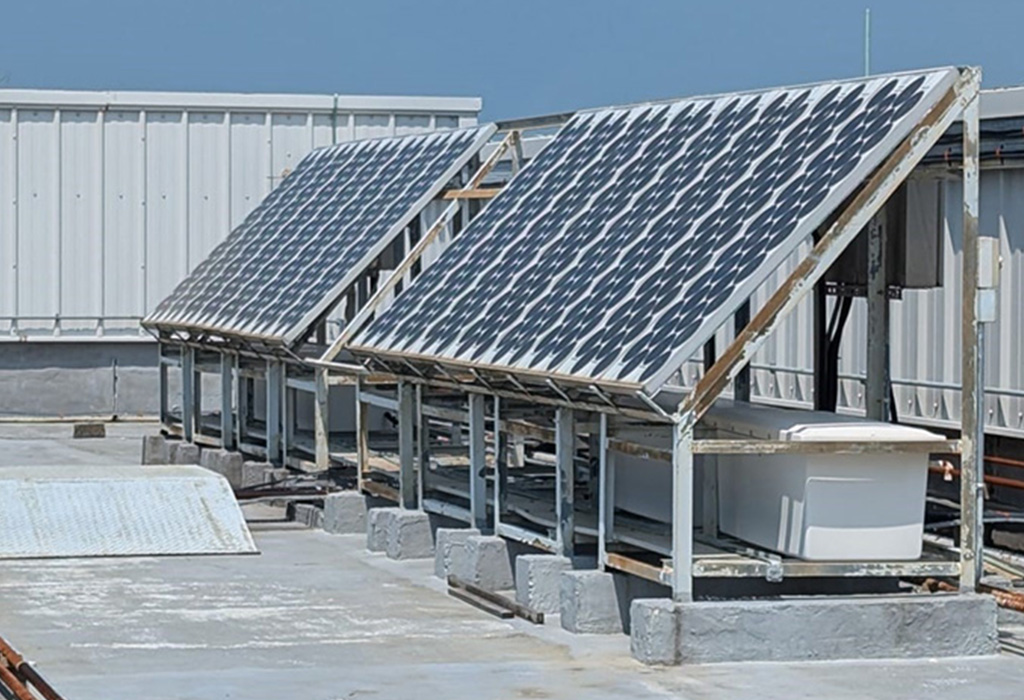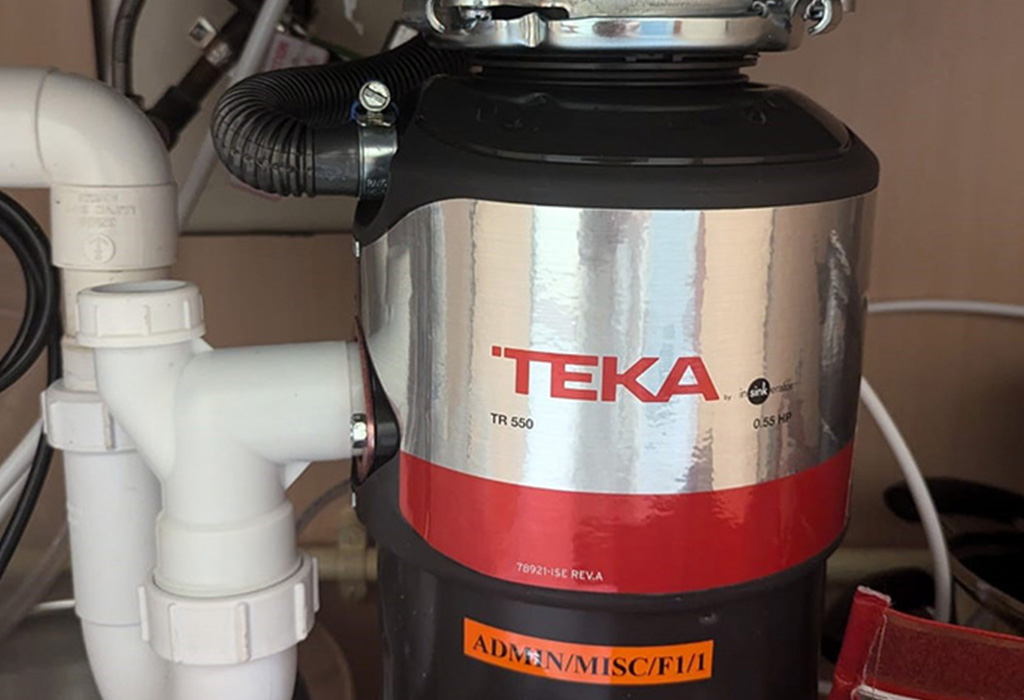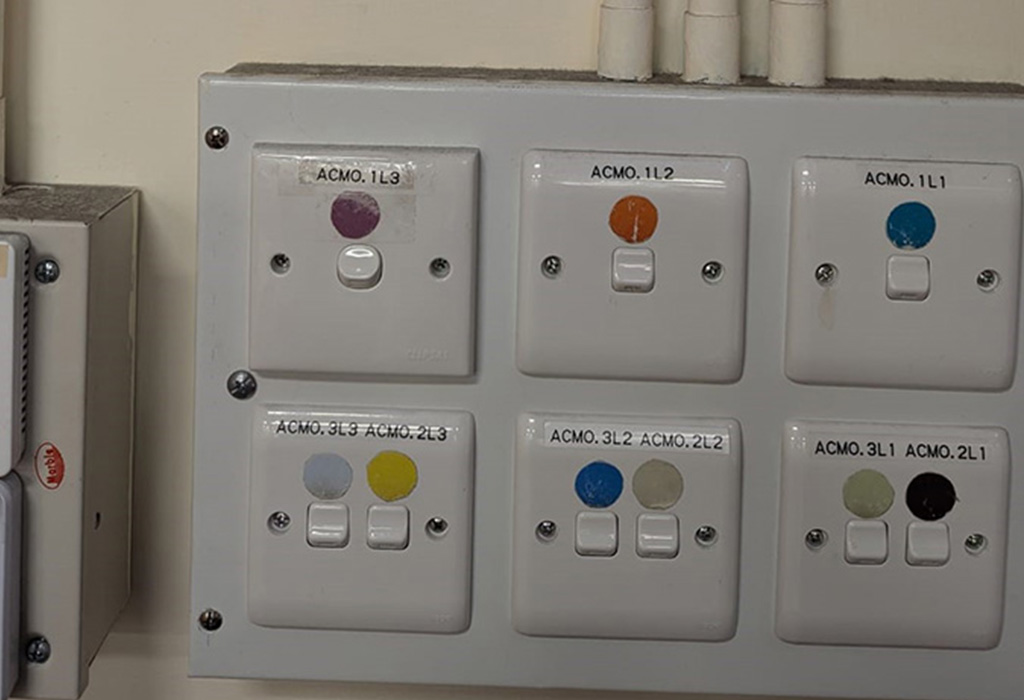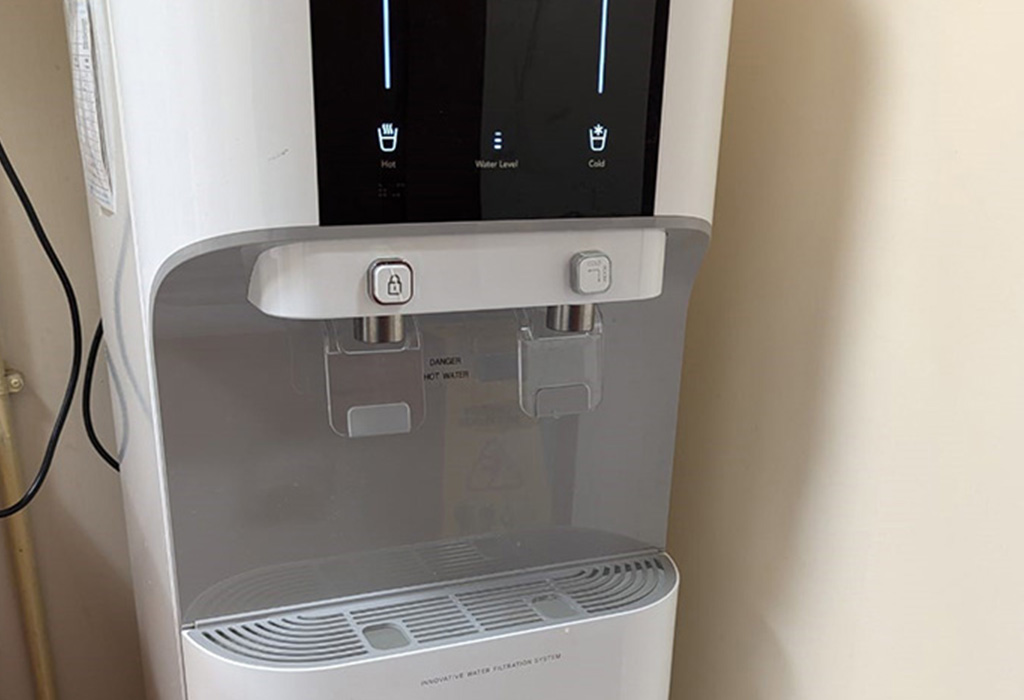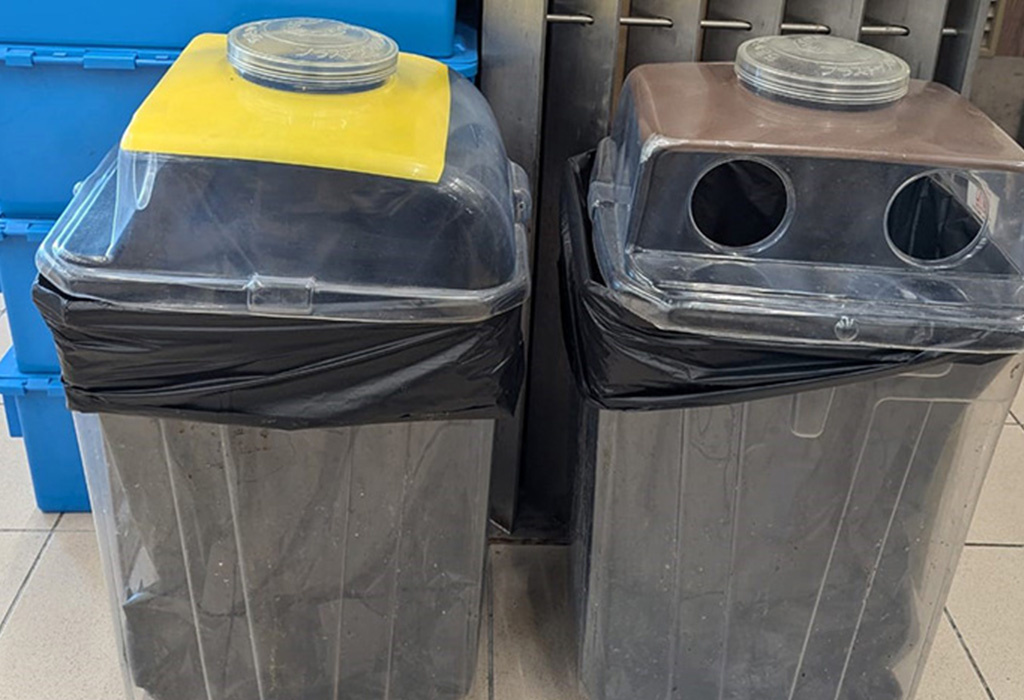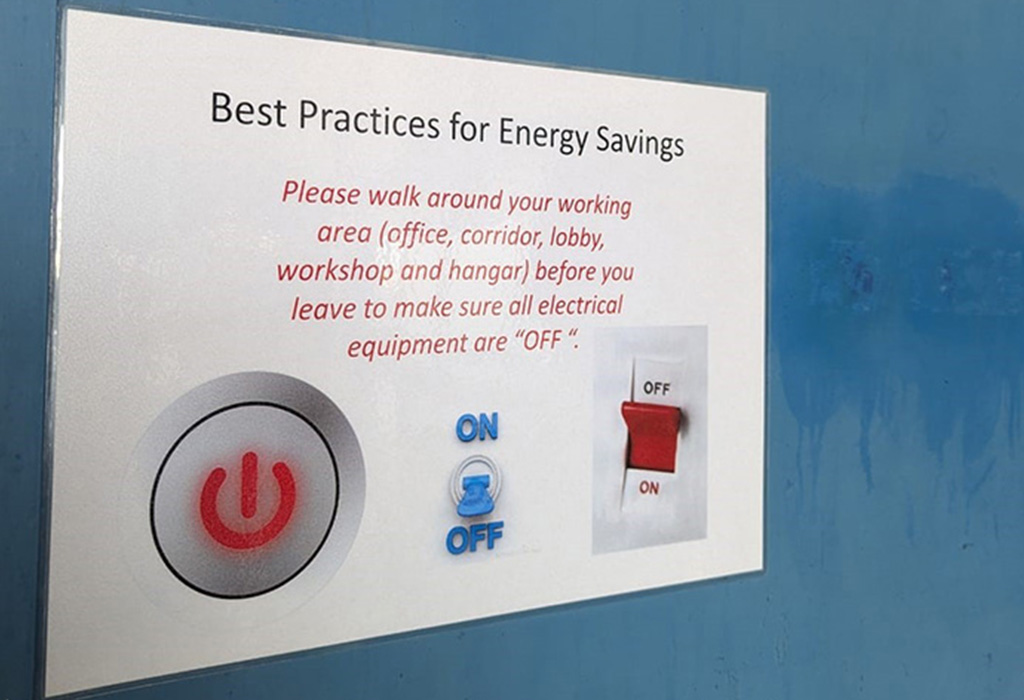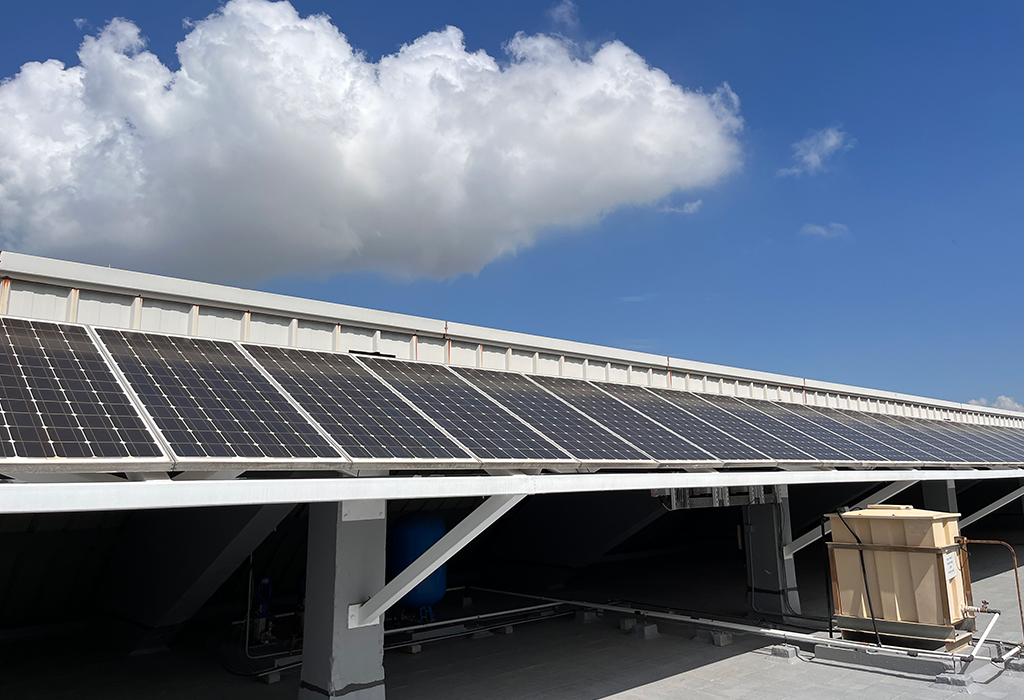Carbon Emission Reduction Measures and Strategies
Our Carbon Pledge:
The GFS is committed to meet the Government’s interim decarbonisation target to reduce Hong Kong’s total carbon emissions by 50% before 2035 as compared to the 2005 level, and strives to achieve carbon neutrality before 2050.
The GFS is working on the below decarbonisation strategies:
Renewable Energy
- Some PV panels installed on Rooftop A and C (area of 102 m2) would be deemed to be replaced with new ones for enhanced efficiency when they decline in performance and efficiency;
- PV systems implementation on Rooftop B (potential area of 113 m2 for PV) and at Car Park Nos. 1 & 2 would be explored.
Energy Saving and Green Buildings
- Replacing the energy-efficient fluorescent light tubes in the office area to LED lighting;
- Using LED light bulbs in hangar;
- Replacing the high mast lighting on the apron with LED ones;
- Setting all photocopiers to energy saving mode when they are not in use for over 15 minutes;
- Using zoned lighting;
- Switching off lights, air-conditioning, computers and electrical equipment not in use;
- Regular cleansing of the filters of the air ventilation system;
- Adopting green procurement (e.g. purchase of photocopiers and printers with double-sided copying/printing function; electrical appliances with energy saving functions and/or with greater energy efficiency).
Waste Reduction and Recycling
- Installing food waste disposer at the base of the sink flange in pantries to reduce solid waste and the use of plastic bags;
- Filtering fuel samples and reusing them for other purposes;
- Using some of the aircraft paint waste for ground equipment maintenance;
- Using electronic communication;
- Printing on both sides of paper;
- Re-using paper, envelopes and file jackets;
- Placing boxes next to photocopiers to collect used paper, outdated newspaper and publications for recycling;
- Using water dispensers with purifiers to provide drinking water in the office in order to reduce the use of
- bottled water;
- Collecting recyclable materials (e.g. paper, aluminum cans, floppy diskettes, plastic bottles and toner cartridges);
- Collecting food wastes.
Case Study: Exploring feasibility of onsite solar PV systems
The GFS continues to explore the feasibility of introducing more photovoltaic systems on its premises to generate more renewable energy.
The GFS participated in 2023 in the feasibility study on onsite solar opportunities conducted by AAHK to identify potential locations for solar PV systems to achieve net zero carbon. The consultant provided GFS with assessment findings and results. The GFS will continue to explore with the works departments on the feasibility of the installation.
